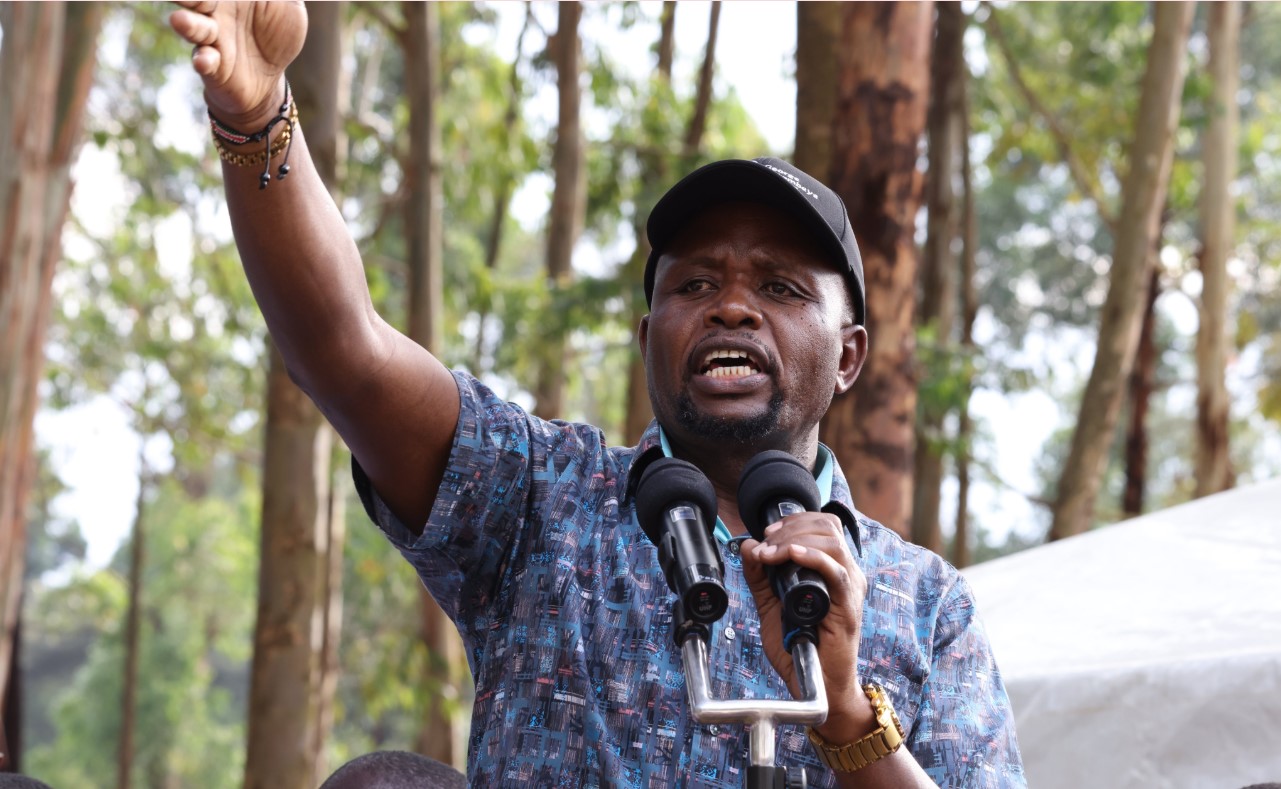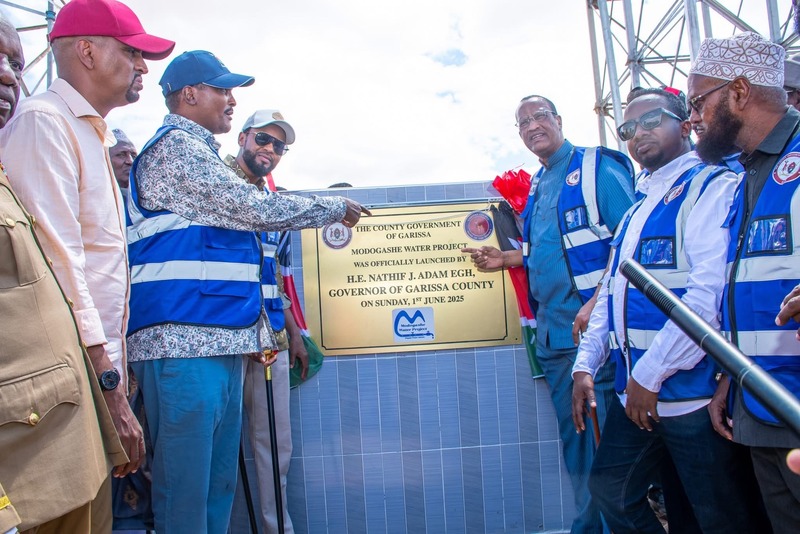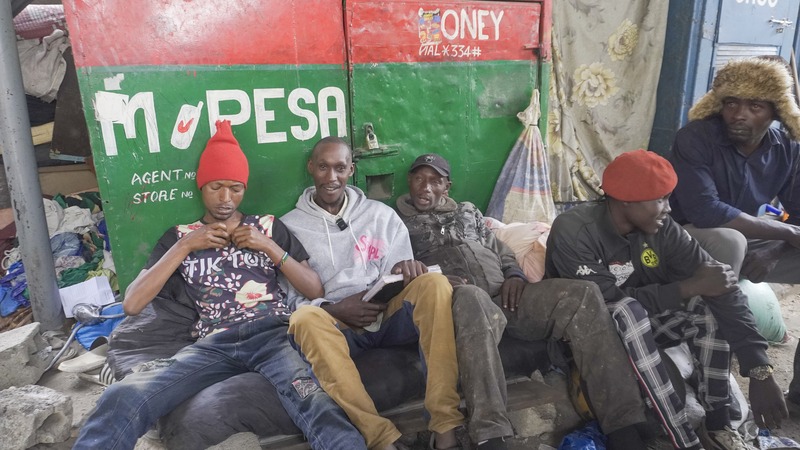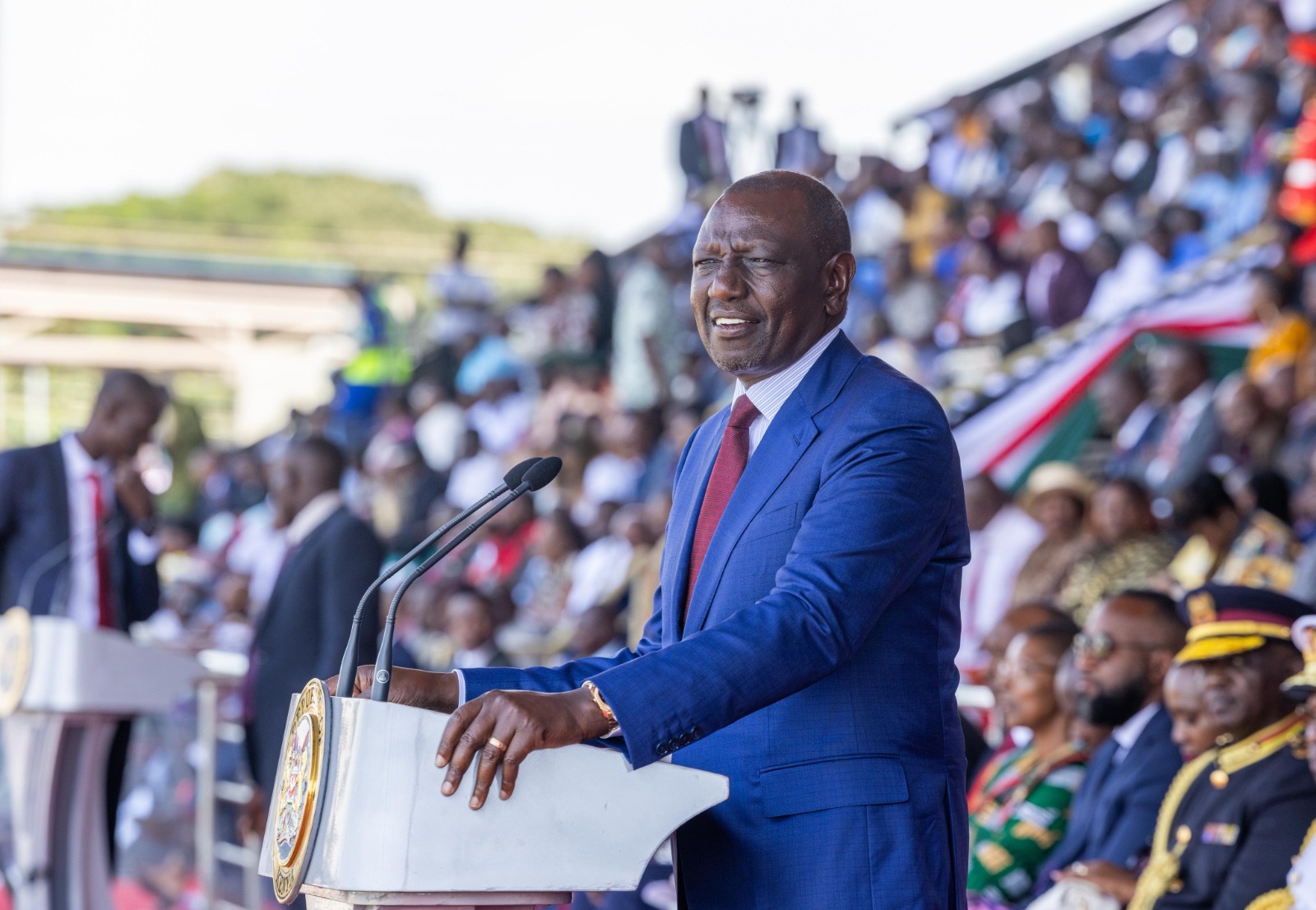Infotrak: Many Kenyans feel elections are rigged in favour of gov't-backed candidates

The findings highlight critical concerns about governance and democracy in Kenya, highlighting the need for urgent reforms to strengthen public trust in institutions
The majority of Kenyans feel that even if they wake up early to vote for their preferred leaders, the government will always have the final say.
A report released on Monday by Infotrak reveals that 33 per cent of Kenyans believe elections are predetermined to favour the government’s preferred candidate, no matter how citizens cast their votes.
More To Read
- UDA extends registration deadline for ward-level elections to June 6
- Amadi’s IEBC plan: Fix electoral laws, cut costs, reduce polling stations
- Kenyans in diaspora demand more polling stations, electoral reforms ahead of 2027 polls
- IEBC says Sh61.7 billion required for 2027 polls with 14 by-elections yet to be held
- New Bill seeks to freeze government spending, hiring before elections
- Former DP Gachagua accuses Ruto of intentionally sabotaging reconstitution of IEBC ahead of 2027 polls
Conversely, 25 per cent expressed confidence that popular candidates can still prevail despite government bias.
While some hold onto optimism, 29 per cent strongly disagreed with the notion that the government would allow a candidate with majority votes to win if they were not its preference.
Similarly, 26 per cent opposed the idea that the government’s chosen candidate would be declared the winner regardless of the election outcome.
“Surveyed respondents were divided on whether elections in Kenya reflect the popular vote. Whilst 33 per cent strongly agreed that the government’s preferred candidate would always win regardless of the vote, another 25 per cent believed that popular candidates would prevail despite government preference,” reads the report.
Public sentiment on influence over governance is even more disheartening, with 55 per cent of respondents stating they feel powerless to impact the government’s decision-making process.
According to the survey, only 36 per cent believe citizens’ voices can sway governmental decisions. Among women, 57 per cent said they felt their input made no difference, while 34 per cent believed otherwise.
Men showed slightly higher confidence, with 39 per cent affirming the possibility of influencing decisions, while 54 per cent disagreed.
The report also highlights that public participation in governance processes remains minimal. Over the past year, 75 per cent of Kenyans across all regions said they had not taken part in any public participation forums.
Only 21 per cent reported engaging in such forums, often convened by county government executives (28 per cent), county assemblies (23 per cent), or NGOs (20 per cent).
To restore trust in electoral processes, respondents identified key interventions, including ensuring the independence and impartiality of the Independent Electoral and Boundaries Commission (IEBC) (40 per cent), making elections free, fair, and transparent (39 per cent), providing civic education on electoral processes (29 per cent), and preventing vote rigging (29 per cent).
On broader governance reforms, 50 per cent of respondents emphasised the need for robust anti-corruption measures, while 45 per cent called for greater transparency in elections.
Strengthening institutional independence was supported by 34 per cent while appointing qualified leaders and enhancing public service delivery each garnered 22 per cent support.
The survey, conducted between November 16 and 30, 2024, employed a combination of desk research, quantitative interviews, and qualitative discussions. It targeted Kenyans aged 18 years and above across all 47 counties, with a sample size of 2,400 respondents. The survey’s margin of error was ±2 per cent at a 95 per cent confidence level.
Regional representation was proportional, with the Rift Valley accounting for the largest sample size and the North Eastern region the smallest. The findings highlight critical concerns about governance and democracy in Kenya, highlighting the need for urgent reforms to strengthen public trust in institutions.
Top Stories Today













































